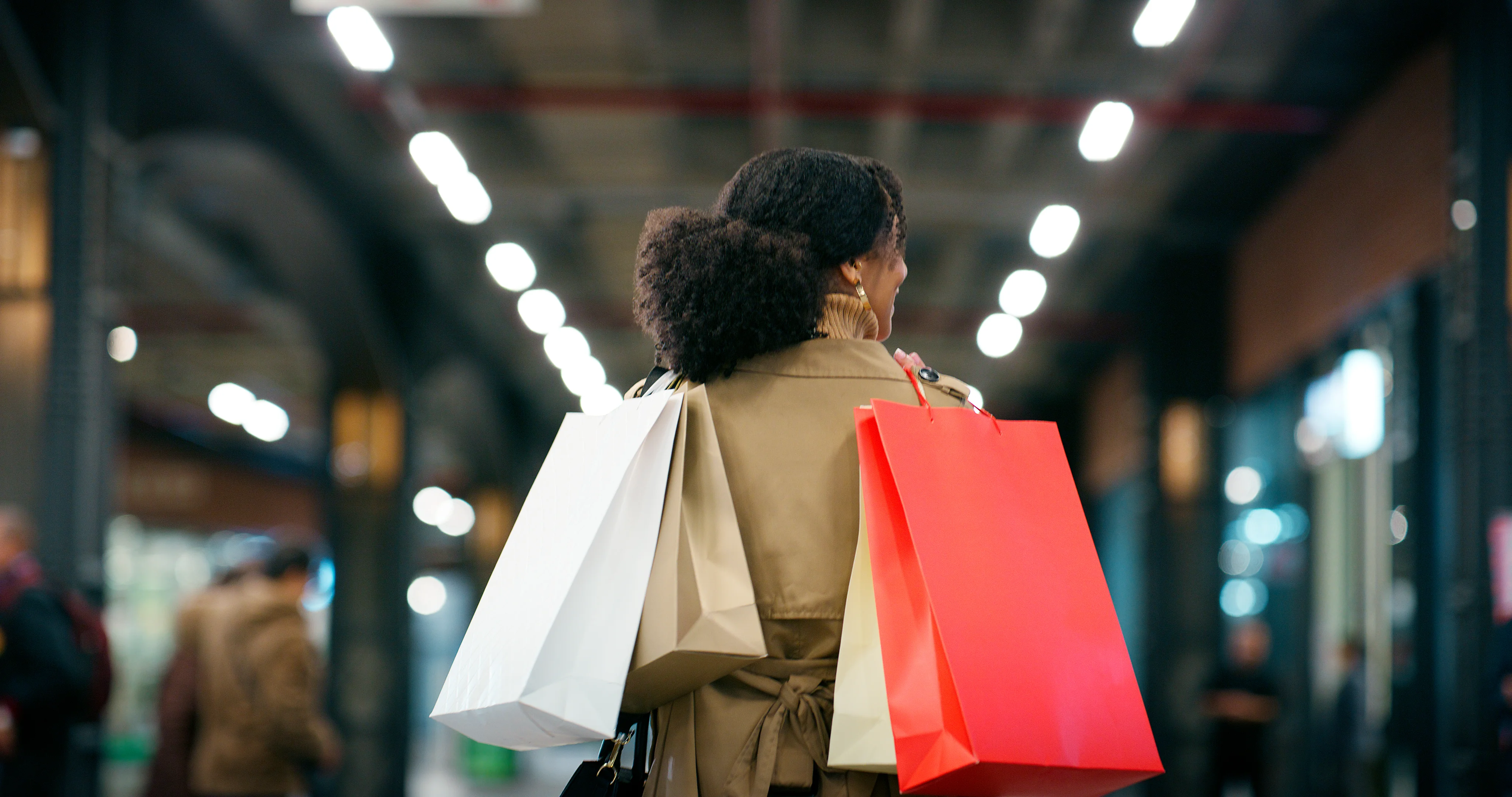Five Examples of Sensory Branding in Retail
We're always on the lookout for articles that will help you grow, market, fund, and manage your business. Often, we write these ourselves, but sometimes we find a gem from another source that's too good not to share. This article by Kristen Baker, a Marketing Manager at HubSpot, originally appeared on their Marketing Blog. Although it spans various industries, we've selected it for its valuable insights into retail.
My Abercrombie & Fitch Experience
When I was in middle school, Abercrombie & Fitch was the coolest place to shop. I loved picking out my favorite jeans and hoodies, but my mom couldn’t stand going into the store. Why? She called it "sensory overload."
If you've ever been in an Abercrombie store, you'll know it's quite dark due to the dim lighting. They spray their distinctive perfumes and colognes everywhere, and they play really loud music. As a teenager, I loved all of it — these sensory elements made me feel more mature and cooler than I actually was. These experiences, a combination of Abercrombie's sensory branding, made me want to remain a loyal customer.
Even if I closed my eyes, I’d know I was in an Abercrombie store just from the smell and music. Their branding worked. Whether or not you agree with my perspective or my mom's, it's clear that Abercrombie's sensory branding was successful.
What is Sensory Branding?
Sensory branding targets at least one of the five senses to resonate with consumers. It's designed to evoke cognitive, emotional, and memorable responses, improving customer loyalty, strengthening brand advocacy, and creating a memorable experience.
The Future of Retail: Sensory Branding
Sensory branding can make your business unforgettable. It helps build trust and comfort, ensuring a deep connection with customers. For instance, studies show that people can remember a scent with 65% accuracy after a year.
How Sensory Branding Works
Sensory branding can occur at any stage of the buyer's journey, and it's becoming common even at the transaction’s end. Whether it's a noise or visual, sensory branding at this point can give customers a sense of comfort and confidence in their purchase. Visa, for example, has created a sensory experience to mark when a transaction is finalized (more on that below).
Examples of Sensory Branding
1. Visa
Visa incorporates a unique sound when a transaction is completed. This sound provides a sense of security and trust, making customers confident that their purchase was successful.
2. Singapore Airlines
Singapore Airlines focuses on scent and sight. The airline uses a signature scent (a blend of rose, lavender, and citrus) worn by attendants and sprayed on towels. This smell is uniquely associated with the airline. Additionally, attendants wear uniforms that signify their rank, providing a consistent and high-end experience.
3. Apple
Apple taps into sight, touch, and sound. Their minimalist, all-white stores give a sense of sleek modernity. The packaging is equally clean and sophisticated. When users lock their iPhones, they hear a distinct sound that offers a sense of security, creating a universal experience across all iPhones.
4. Starbucks
Starbucks emphasizes the smell of fresh coffee by grinding beans in-store, even though pre-ground beans would save time. They prioritize the strong coffee aroma, making it a key part of their branding and creating a memorable, consistent experience for customers.
5. Mastercard
Mastercard's "sonic identity" plays a unique sound when a transaction is complete. The sound gives customers a sense of security and consistency, reinforcing their confidence that the transaction was successful.
Start Using Sensory Branding
Sensory branding helps you connect with your audience on a deeper level, boosting loyalty and increasing revenue. Use these examples for inspiration to create your own sensory branding experience.





